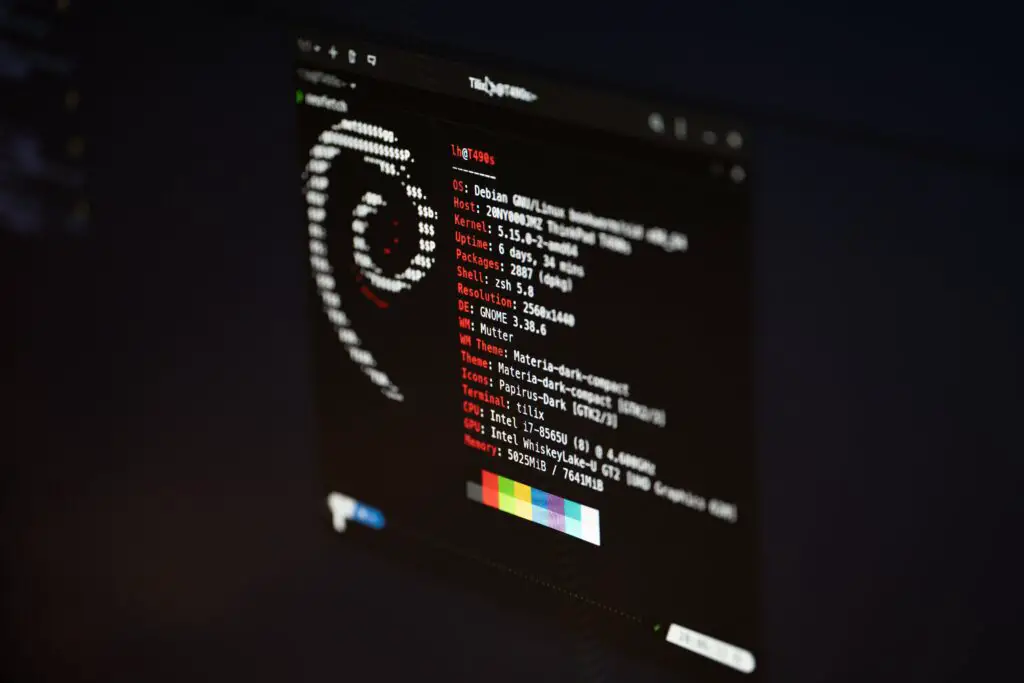Unraveling the Installation of Tomcat 9 on Debian 10
Within the intricate web of server technologies, Tomcat 9 emerges as a stalwart, harnessing the power of Java servlets and JSP to facilitate robust web applications. Engaging with Tomcat on Debian 10 offers a gateway to a world of seamless deployment and scalability. In this guide, we traverse the labyrinth of installation steps to unlock the potential of Tomcat 9 on your Debian 10 system. Brace yourself for a journey through the corridors of configuration and mastery.

Preparatory Steps:
Java Installation and Configuration
Before the grandeur of Tomcat can grace your Debian 10, the foundational bedrock of Java must be securely laid. Begin by verifying if Java is present on your system. Invoke the command line and type java -version. If it’s absent, the journey starts with Java’s installation. Debian 10’s repositories house the OpenJDK, an embodiment of Java’s prowess. Executing sudo apt update ensures your package lists are up-to-date, followed by sudo apt install default-jdk to grace your system with OpenJDK.
After welcoming Java into your system’s embrace, a crucial step unfolds—configuring Java’s environment variables. The JAVA_HOME variable acts as a guiding beacon for Java-based applications. Open the /etc/environment file using your favorite text editor, append JAVA_HOME=/usr/lib/jvm/default-java at the end, and save. Then, refresh the environment variables using source /etc/environment. Verily, Java’s stage is set.
Tomcat 9 Download:
Acquiring the Maven of Web Containers
The pilgrimage toward Tomcat 9’s sanctum commences with the acquisition of its divine essence. Glide into the world of Apache’s repositories, where the latest iteration of Tomcat 9 gleams with promise. A web browser is your chariot—navigate to Apache Tomcat’s official site, discern the version 9.0, and select the download link for the tar.gz file.
With the artifact secured on your Debian 10, guide the terminal to the directory where Tomcat shall reside. Execute cd /opt to journey into the heart of the system. Therein, unleash the powers of wget: sudo wget [Tomcat 9 URL]—a lightning-fast summoning of Tomcat’s essence into the /opt domain. Witness the file materialize, encapsulating Tomcat’s essence within its digital fabric.
Unwrapping Tomcat 9:
Extraction and Permissions
The enigmatic tar.gz file now lies within your realm—yearning to be unfurled and imbued with vitality. Grant the file freedom with a swift stroke of extraction: sudo tar -xzvf apache-tomcat-9*.tar.gz. Witness the emergence of a directory baptized with Tomcat’s name—a symbol of boundless possibilities.
Yet, sovereignty comes with responsibility; grant Tomcat its dominion through the bestowal of appropriate permissions. Embrace the terminal once more, and bestow Tomcat’s directory with ownership: sudo chown -R [your_user]:[your_group] /opt/apache-tomcat-9.
Catalina’s Invocation:
Initiating Tomcat 9’s Reign
Behold the penultimate rite—the summoning of Tomcat into the realm of Debian 10. Steer the terminal to Tomcat’s domain: cd /opt/apache-tomcat-9/bin. Herein lies the sanctum of Catalina, Tomcat’s guardian spirit. Invoke Catalina’s powers with a command worthy of its might: ./startup.sh. Witness the mystical incantations unfurl as Tomcat bestirs itself from slumber, rising to assume its rightful place.
To ensure the rite’s success, verify Tomcat’s awakening. A pilgrimage to the browser beckons—enter http://localhost:8080 within its sacred confines. Lo and behold, the visage of Tomcat shall grace the canvas, affirming its presence and readiness to serve.
Configuration and Integration:
Tailoring Tomcat’s Domain
The quest nears its zenith as Tomcat 9 awaits your command for customization. Embrace the path of configuration by navigating to /opt/apache-tomcat-9/conf. Here, the masterful configuration file—server.xml—beckons. Dive into its depths, wielding the power to mold Tomcat’s essence.
Unleash the prowess of customization by altering the port configurations or configuring SSL for secure communications. Every modification serves as a brushstroke on the canvas of Tomcat’s capabilities, tailored to your web application’s needs.
Conclusion:
An Ongoing Odyssey of Mastery
Tomcat 9, the paragon of web containers, now graces your Debian 10 realm. This installation saga marks but the genesis of your journey. With each configuration and deployment, delve deeper into the realm of Tomcat’s prowess, mastering its nuances, and sculpting it to weave the tapestry of your web applications. The odyssey of Tomcat on Debian 10 unfolds—an eternal journey toward web application excellence.
